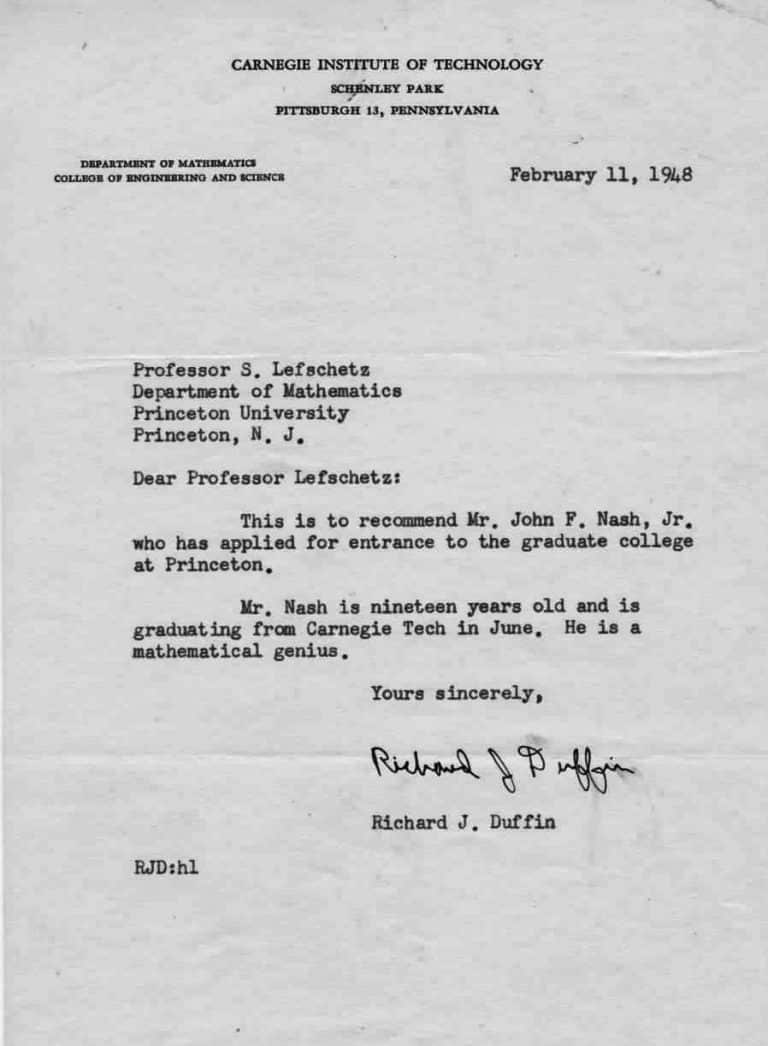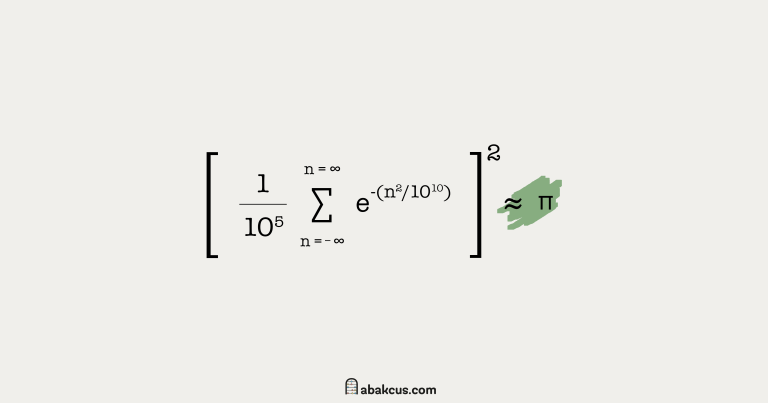Algebra is one of the cornerstones of mathematics, but many learners wonder who created algebra and how it developed into the subject we study today. The answer is not simple because algebra wasn’t the work of just one person. Instead, it grew gradually, shaped by different civilizations and thinkers across centuries. From Babylon to Greece, Baghdad, and finally Europe, the story of algebra is a story of shared progress.
Early Algebra and Its Origins
When people ask when was algebra invented or where was algebra invented, historians often look to ancient Babylon and Egypt. The Babylonians used algebra to solve quadratic and cubic equations, while the Egyptians developed methods for linear problems. Both cultures laid essential groundwork for what would become algebra.
If you’re exploring this topic for an assignment and need help presenting it clearly, you might even consider asking someone to do my discussion post for me. Just like ancient knowledge was passed between cultures, today’s learning often involves seeking different forms of support.
Greek Contributions to Algebra
Greek mathematics added another layer by connecting algebra to geometry. Euclid applied geometric methods to equations, while Diophantus introduced symbols to represent unknowns and operations. This symbolic approach marked a major step forward, as it shifted algebra from words and geometry toward the notations we recognize today.
The Role of Al-Khwarizmi
The scholar most often linked to the structured form of algebra we use now is Abu Abdullah Muhammad ibn Musa al-Khwarizmi. Working in Baghdad during the 9th century, he wrote Al-Kitāb al-Mukhtaṣar fī Ḥisāb al-Jabr wal-Muqābala. The title gave algebra its very name (“al-jabr”) and introduced systematic rules for solving linear and quadratic equations.
Al-Khwarizmi’s influence was so great that the word “algorithm” comes from his name. He is often recognized as the inventor of algebra in its modern, organized sense.
Arabic and Persian Scholars After Al-Khwarizmi
Other mathematicians in the Islamic world expanded on this work. Omar Khayyám developed methods for solving cubic equations, using both algebraic and geometric reasoning. These contributions helped algebra move beyond simple equations and set the stage for more advanced concepts.
European Advancements in the 16th–17th Centuries
As algebra spread to Europe, new symbols and practices emerged. Michael Stifel and François Viète introduced texts that expanded algebraic thinking. René Descartes later standardized the use of “x” for unknowns, a practice still used worldwide. Gottfried Leibniz added the concepts of functions and symbolic logic, which extended algebra into philosophy, science, and eventually computing.
These steps not only answered when was algebra created but also influenced who invented math formulas that are still in use.
Table: Key Contributors to Algebra
| Contributor | Time Period | Contribution to Algebra |
| Babylonians | 1900–1600 BC | Early quadratic and cubic problem-solving |
| Egyptians | 1800–1600 BC | Linear equations, method of false position |
| Diophantus (Greece) | 3rd Century AD | Introduced symbols for unknowns and operations |
| Al-Khwarizmi (Baghdad) | 9th Century AD | Wrote Al-Jabr, systematic solving of linear/quadratic |
| Omar Khayyám (Persia) | 11th Century AD | Extended algebra to cubic equations |
| René Descartes (France) | 17th Century AD | Introduced “x” notation, formalized symbolic algebra |
| Leibniz (Germany) | 17th Century AD | Functions, Boolean algebra, symbolic logic |
Why Was Algebra Invented?
Algebra was created to solve practical problems. Babylonians used it for trade, loans, and geometry. Greeks used it for precise solutions, while Arabic mathematicians applied it to inheritance and commerce. Over time, algebra became a universal language for science and technology. Asking who invented math formulas often points back to this progression, where formulas were designed to simplify real-world calculations.
Final Words
So, who created algebra? The answer is layered. Babylonians began it, Greeks refined it, al-Khwarizmi formalized it, and later scholars in Persia and Europe expanded it. Algebra is not the product of a single mind but the result of collaboration across cultures and centuries. By tracing the algebra origin, we can see how knowledge grows when people build upon the work of others.
FAQs
Q1: Who created algebra?
It developed gradually, but al-Khwarizmi is often called the father of algebra.
Q2: When was algebra invented?
Its earliest forms appeared in Babylon around 1900–1600 BC.
Q3: Who made algebra systematic?
Al-Khwarizmi gave it structure through his book Al-Jabr.
Q4: Where was algebra invented?
Its roots lie in Babylon and Egypt, but it was formalized in Baghdad.
Q5: Who invented math formulas?
Formulas came from many contributors, from Babylonians to Descartes and Leibniz.







